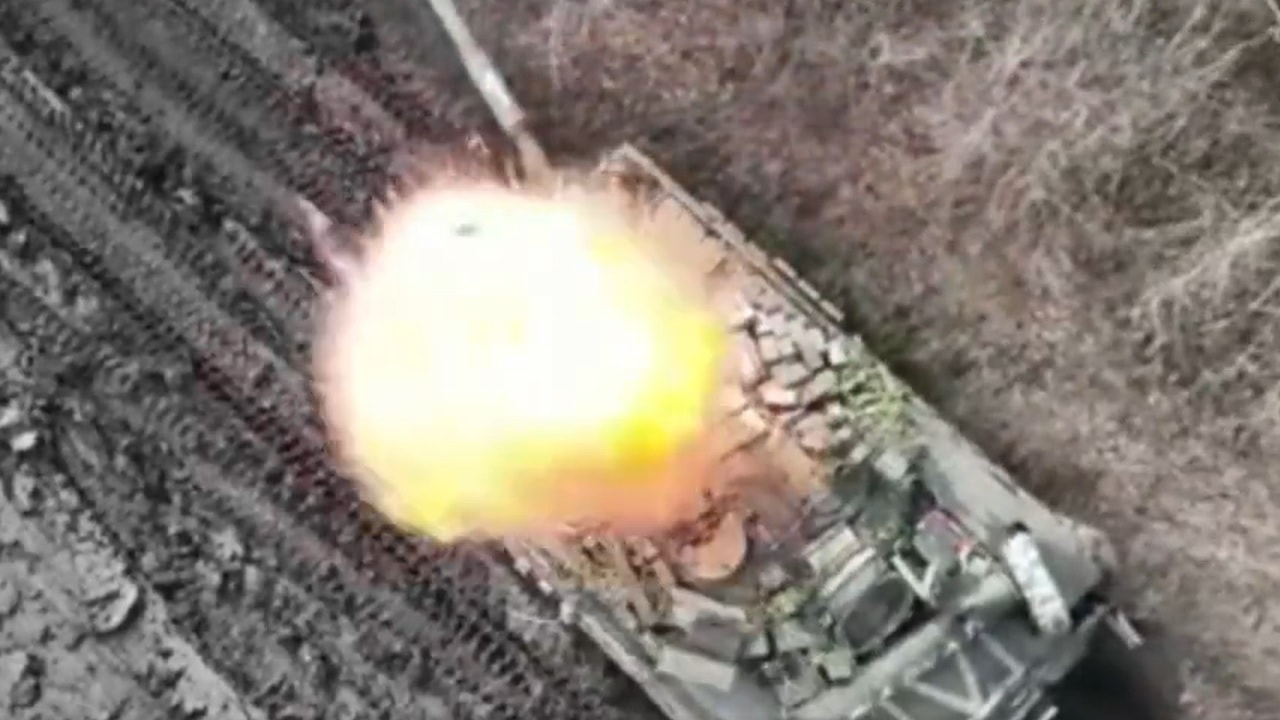What happens in Ukraine doesn’t stay in Ukraine.
That’s a lesson Russian President Vladimir Putin increasingly learns.
Moscow Under Threat as Ukraine War Intensifies
Earlier this morning, Ukrainian drones allegedly targeted the Russian-occupied Crimea Peninsula and Moscow, even briefly forcing the closure of one of Moscow’s international airports.
Despite Putin’s nuclear bluster, the United States should neither constrain Ukraine nor try to limit the war to recognized Ukrainian territory; there are other ways to deter Russia. Risk to an aggressor’s territory is the best deterrence to future war. Indeed, it was only after Egyptian President Anwar Sadat recognized this that real peace between Egypt and Israel became possible.
The Biden administration’s efforts to restrain Ukraine only serve to prevent Putin from concluding that war won’t work.
Put another way: Had Ukrainian President Volodymyr Zelensky taken President Biden or National Security Advisor Jake Sullivan’s advice at any point over the past 18 months, a Russian flag would fly over Kyiv, northern Kazakhstan if not the Baltic states would be in Russian sites, and Zelensky himself would be in London exile, awaiting his fatal sip of polonium tea.
Russia’s invasion both showed how tenuous the post-World War II liberal order is and the danger the Russia-Iran-China axis now poses to the free world. There is little question that, had Putin’s Blitzkrieg on Ukraine worked, President Xi Jinping would accelerate his efforts to conquer Taiwan, a country that—Communist Chinese propaganda aside—neither historically nor legally belongs to mainland China.
Lessons to Be Learned
Just as Xi learns lessons from Putin’s mistakes in Ukraine, it is essential that Taiwan also adjust its strategy based on Ukraine’s actions.
Should China invade, simply fighting the war in Taiwan itself will not work. Taipei cannot count on the United States, especially if China first salami-slices outlying Taiwanese islands to acculturate American policymakers to trade territorial compromise by Taiwan for the illusion of peace. After all, the Taiwan Relations Act upon which many in Washington embrace the idea of a promise to defend Taiwan excludes much Taiwanese territory.
Rather, the chief lessons Taiwan learns must reflect both deterrence and the ability to take any war launched by Beijing to mainland China itself.
First, there is no escaping the fact that Taiwan needs its own nuclear deterrence. President Ronald Reagan did much right, but his two greatest strategic mistakes were stopping Taiwan’s nuclear acquisition and fleeing Lebanon under fire.
Second, Taiwan must be prepared to rain fire upon mainland China from offshore islands like Quemoy, a focal point of the Eisenhower-era Taiwan Strait crises. Lawyer and scholar Gordon Chang is correct to point out that Taiwanese could destroy China’s Three Gorges Dam, potentially killing tens of millions of mainland Chinese, should China seek to conquer the island nation. The root of non-nuclear deterrence would be to convey this message to Beijing regularly and through multiple channels. Washington, for its part, should make clear that it would not seek to restrain Taiwan’s hand in the manner that Biden and Sullivan seek to restrain Zelensky.
Third, just as Ukraine now threatens Moscow and Crimea with its equivalent of the Doolittle Raid, so too should Taiwan plan to strike Beijing and Shanghai should China ever invade Taiwan. Taiwanese drones over both China’s capital and its commercial hub might lead Xi to bluster much as Putin does now, but the advantage to demonstrate early and often that an invasion neither would be a cakewalk nor without consequence to the aggressors would outweigh Xi’s inevitable threat of retaliation.
Certainly, the rules-based order is under strain, but its demise is not inevitable. As Russia pursues its war of conquest and China sabre-rattles, it is crucial to update deterrence for the 21st century. Making not only Moscow but also Beijing vulnerable to their victims’ retaliation is key.
Author Expertise
Now a 19FortyFive Contributing Editor, Dr. Michael Rubin is a Senior Fe has llow at the American Enterprise Institute (AEI). Dr. Rubin is the author, coauthor, and coeditor of several books exploring diplomacy, Iranian history, Arab culture, Kurdish studies, and Shi’ite politics, including “Seven Pillars: What Really Causes Instability in the Middle East?” (AEI Press, 2019); “Kurdistan Rising” (AEI Press, 2016); “Dancing with the Devil: The Perils of Engaging Rogue Regimes” (Encounter Books, 2014); and “Eternal Iran: Continuity and Chaos” (Palgrave, 2005).

